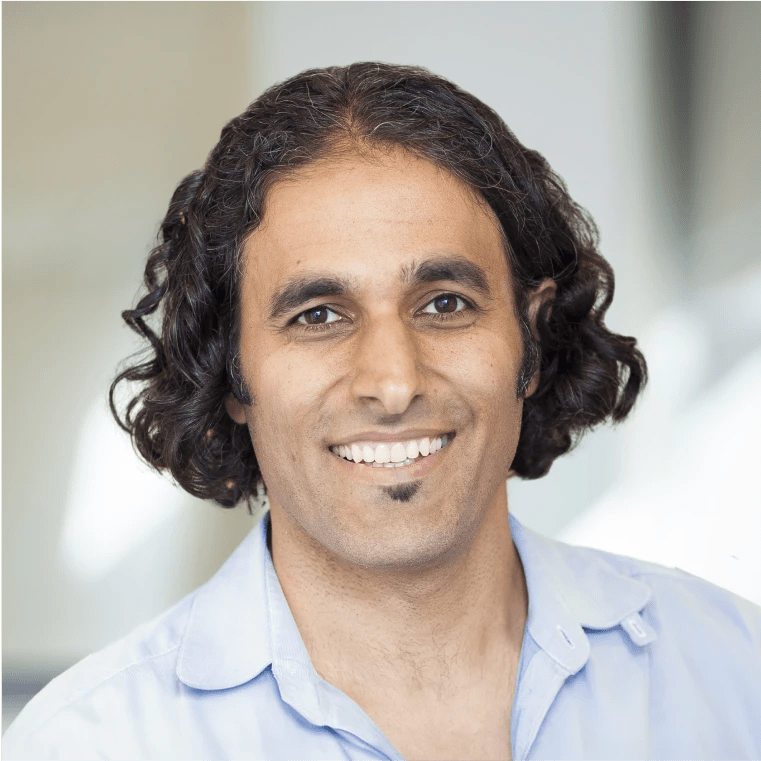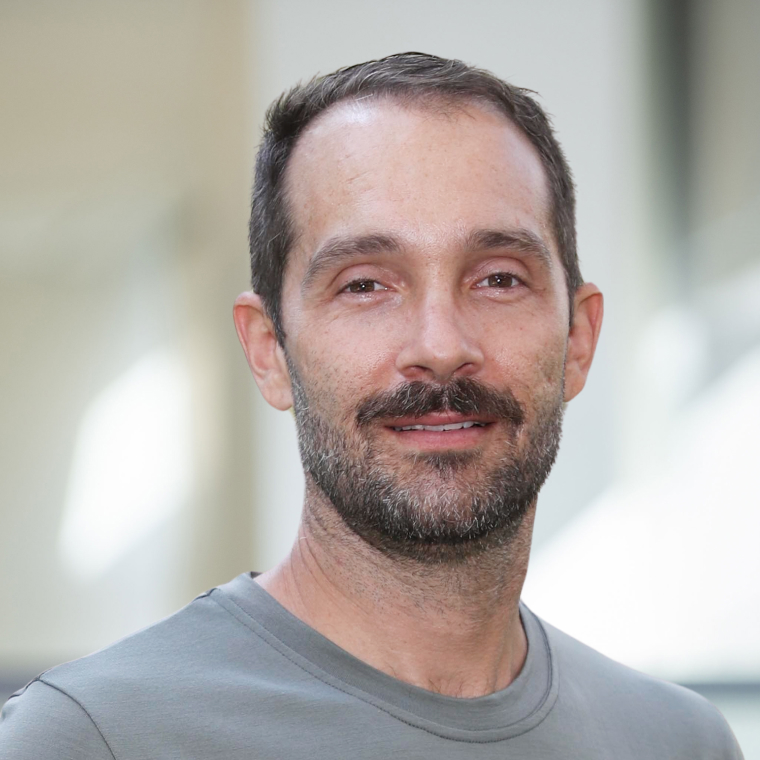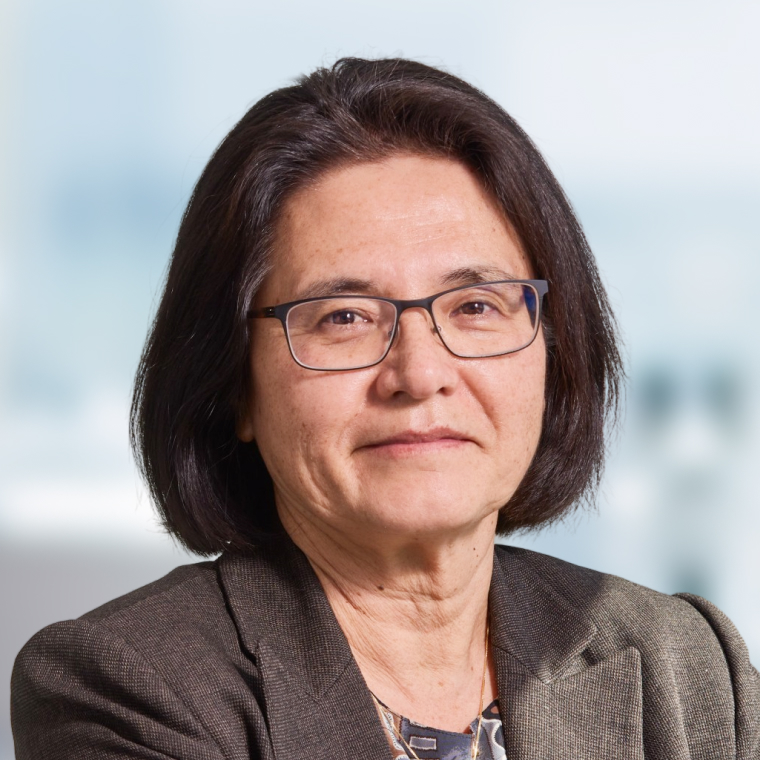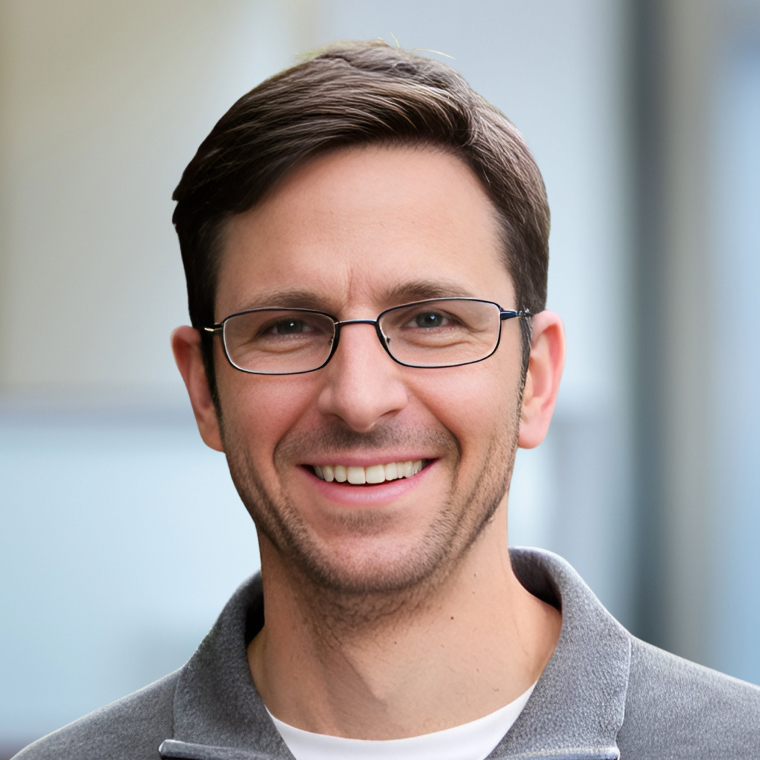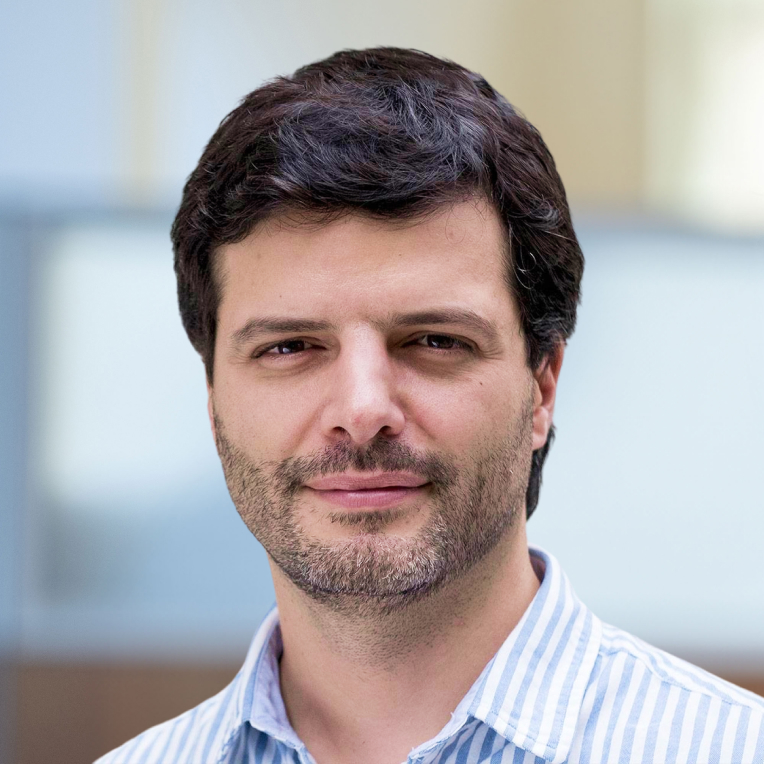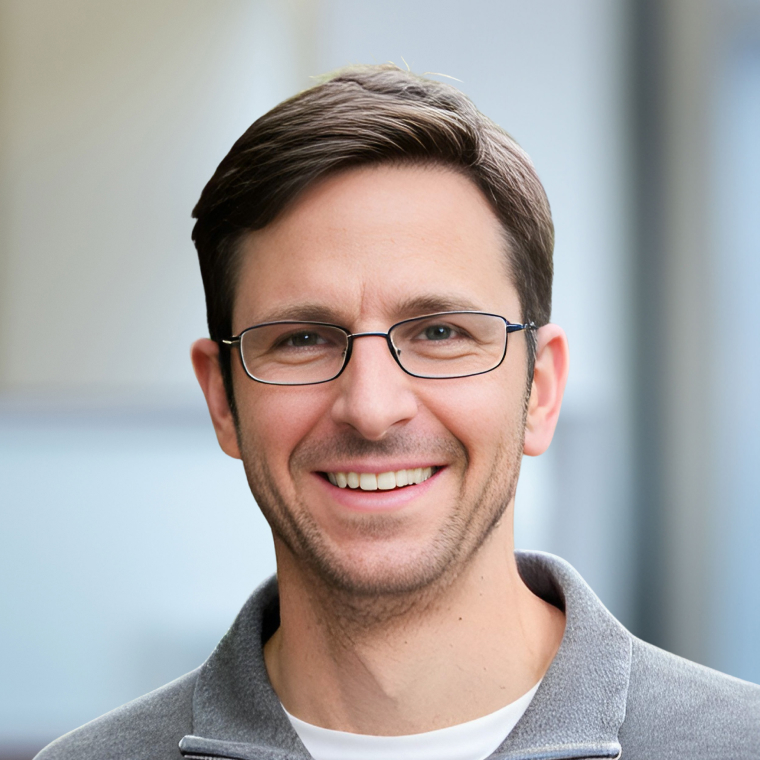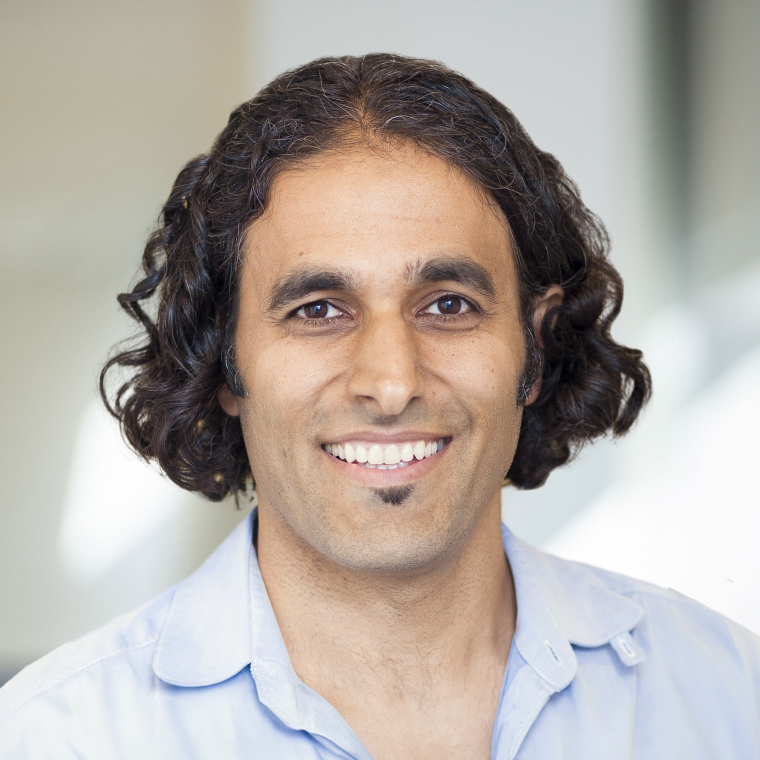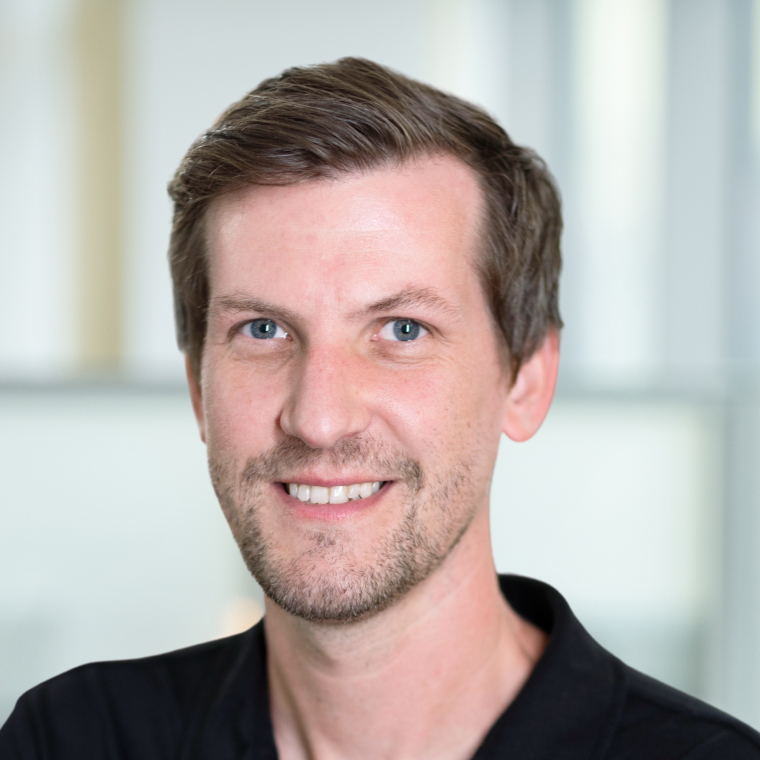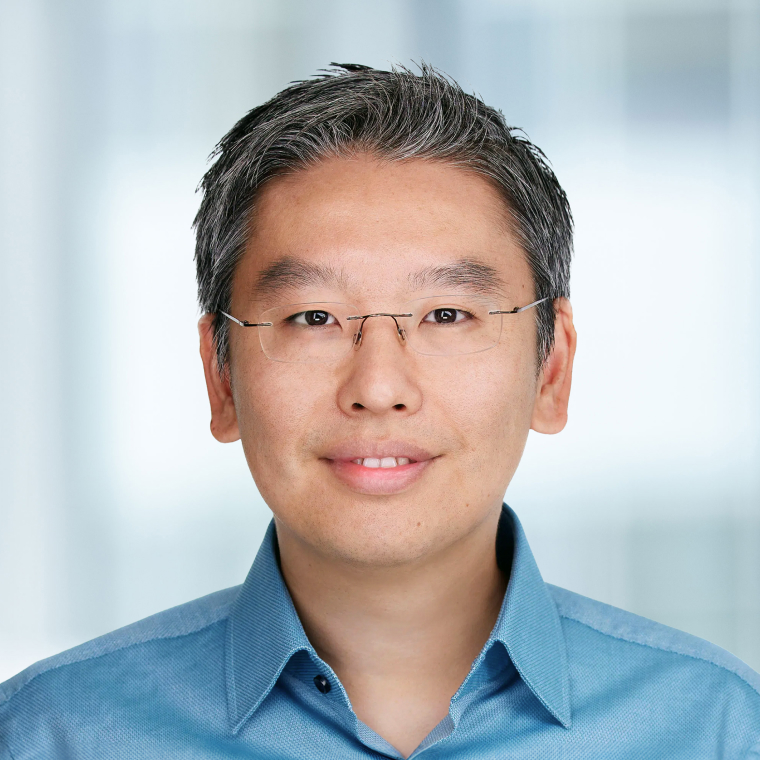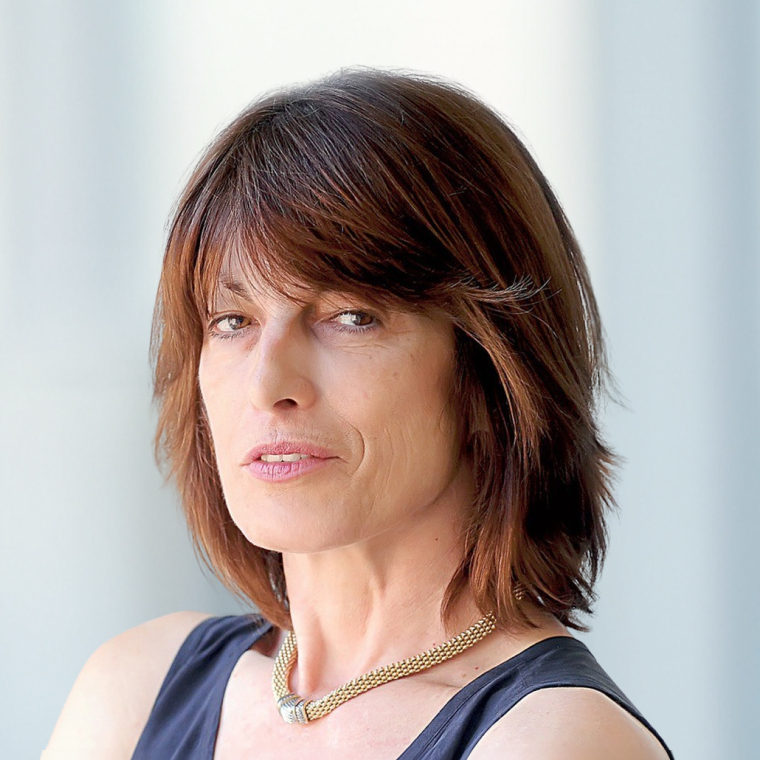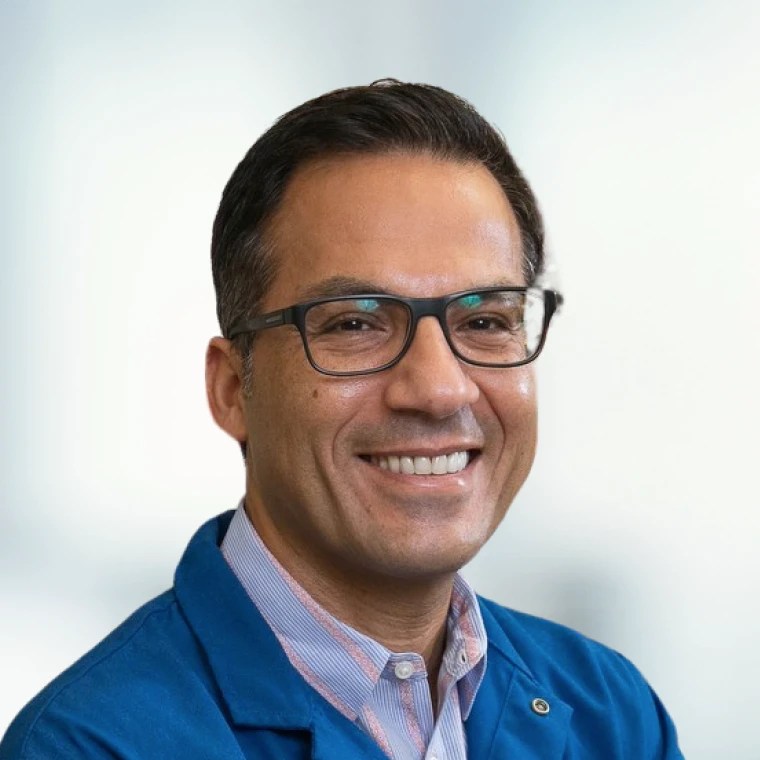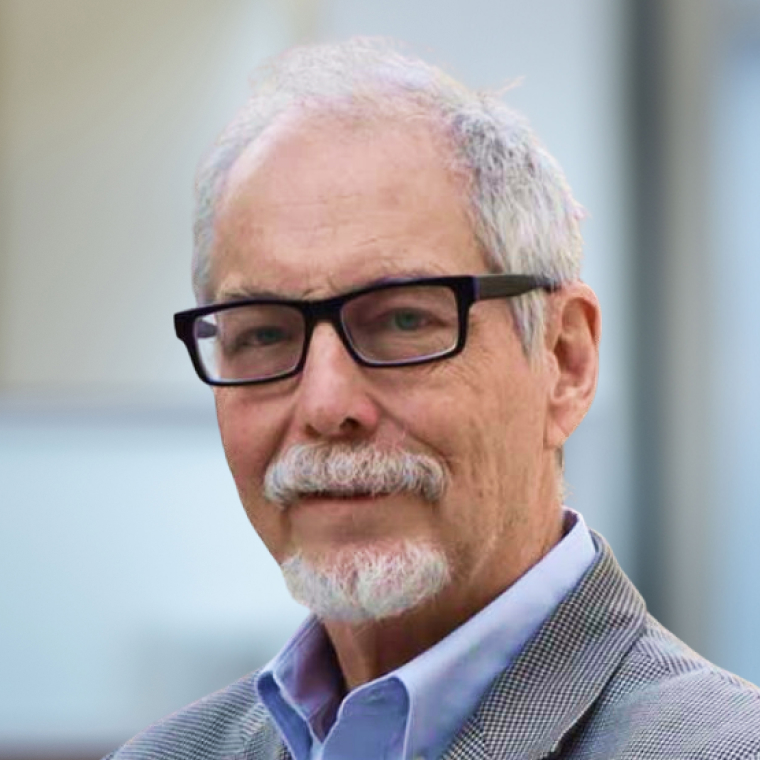David Schatz is professor and chair of the Department of Immunobiology at Yale School of Medicine. He is a biochemist and molecular biologist with a long-standing interest in the genetic underpinnings of adaptive immunity.
The central focus of research in the Schatz lab is to understand the mechanism, regulation, and evolution of V(D)J recombination and somatic hypermutation, the biological processes that create and refine the billions of different antigen receptors used by our lymphocytes to fight infectious diseases. Thirty-five years ago, he played a lead role in the discovery of the Recombination Activating Genes, RAG1 and RAG2, which are of central importance for the development and function of the immune system, and has been studying the RAG proteins ever since.
Schatz received his undergraduate degree in 1980 from Yale University and earned a second undergraduate degree from Oxford University in 1982, where he studied as a Rhodes Scholar. He received the Ph.D. degree in 1990 from the Biology Department at the Massachusetts Institute of Technology and the Whitehead Institute for Biomedical Research. Schatz has been awarded the Becton-Dickinson Biosciences Investigator Award from the American Association of Immunology in recognition of “outstanding contributions to the field of Immunology” and the Paul Ehrlich and Ludwig Darmstaedter Prize (shared with Fred Alt). Schatz has been elected a member of the American Academy of Arts and Sciences, a fellow of the American Association for the Advancement of Science, a member of the National Academy of Sciences, and a member of the National Academy of Medicine.







